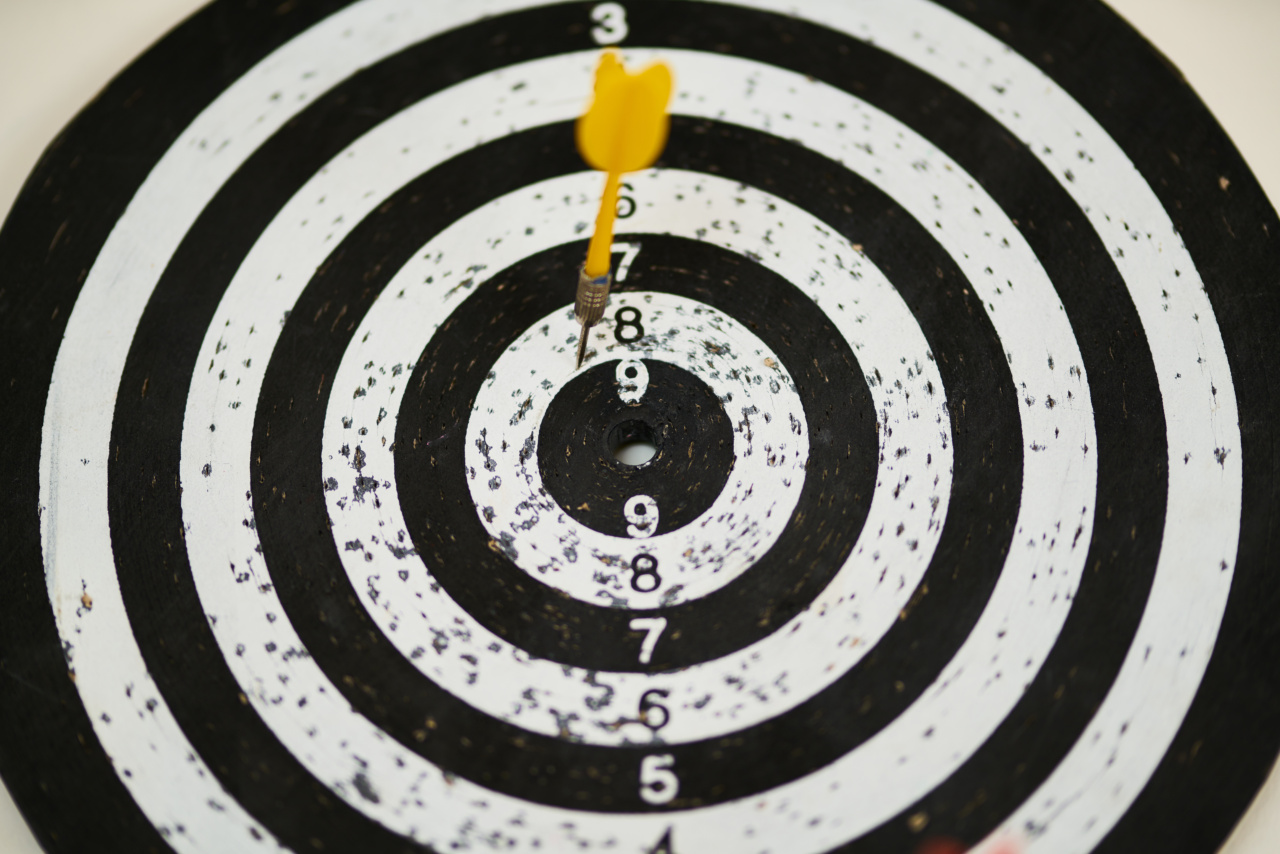Counting calories has become a popular method for weight loss and managing a healthy diet. However, the accuracy of calorie counting is frequently questioned by experts who say that the numbers may not be as accurate as people think.
In this article, we will examine the accuracy of calorie counting and explore the pros and cons of this popular weight loss method.
What is Calorie Counting?
Calorie counting is a method of keeping track of how many calories you consume in a day. The idea is that if you eat fewer calories than your body burns, you will lose weight.
To count calories, you need to know the number of calories in the foods you eat and the number of calories your body burns each day.
How Accurate are the Calorie Counts?
There are many factors that can impact the accuracy of calorie counts. For example, the calorie counts listed on food labels are often estimates and can be off by as much as 20%. Cooking methods can also impact the calorie count of a food.
For example, grilling or broiling can reduce the fat content of meat, while frying can increase it.
Another factor that can impact the accuracy of calorie counting is individual variation. Everyone’s body is different, and the way that your body processes food and burns calories may be different than someone else’s.
The accuracy of calorie counts is also impacted by how closely you measure your food and how accurately you estimate portion sizes.
The Pros of Calorie Counting
Despite the potential inaccuracies of calorie counts, there are many benefits to using this method for weight loss. One of the biggest benefits of calorie counting is that it allows you to be more mindful of what you eat.
By tracking your calorie intake, you can become more aware of the foods you consume and how they impact your health.
Another benefit of calorie counting is that it allows you to set specific goals for your diet. By setting a calorie limit, you can ensure that you are eating the right amount of food for your body’s needs.
This can be particularly helpful if you are trying to lose weight, as it makes it easier to monitor your progress and adjust your diet as needed.
The Cons of Calorie Counting
While there are certainly benefits to calorie counting, there are also a number of downsides to this weight loss method. One of the biggest challenges of calorie counting is that it can be time-consuming and tedious.
To accurately track your calorie intake, you need to measure and log everything you eat, which can be a lot of work.
Another potential downside of calorie counting is that it can be overly restrictive.
By focusing solely on calorie counts, you may miss out on other important aspects of a healthy diet, such as getting enough protein or eating a balanced mix of nutrients. This can make it difficult to maintain a healthy diet over the long-term.
The Bottom Line
While calorie counting is certainly not a perfect weight loss method, it can be a useful tool for those looking to manage their weight.
However, it’s important to remember that calorie counts are not always accurate and there are many other factors that impact weight loss beyond just calorie intake. Ultimately, the key to a healthy diet is to eat a balanced mix of nutrient-dense foods and to be mindful of your overall calorie intake.
























